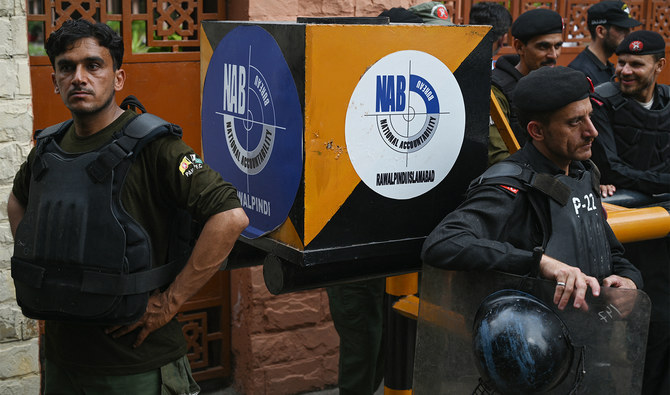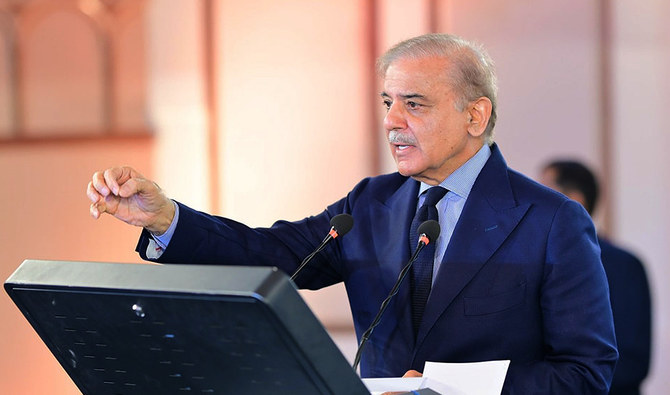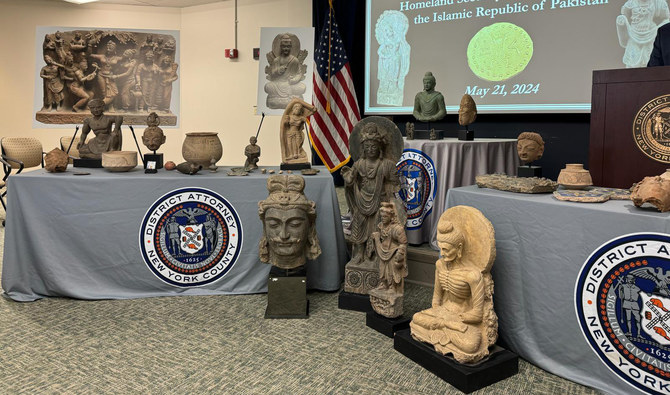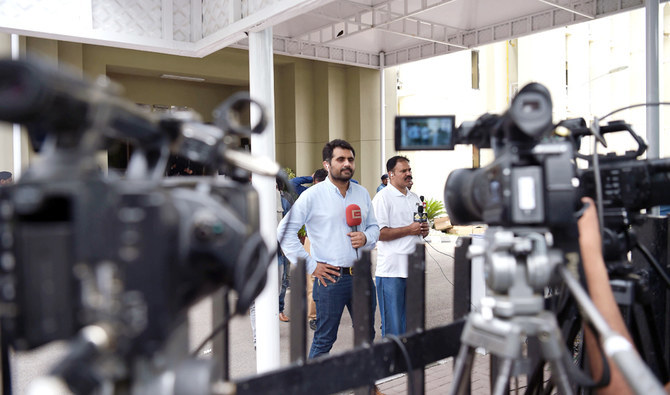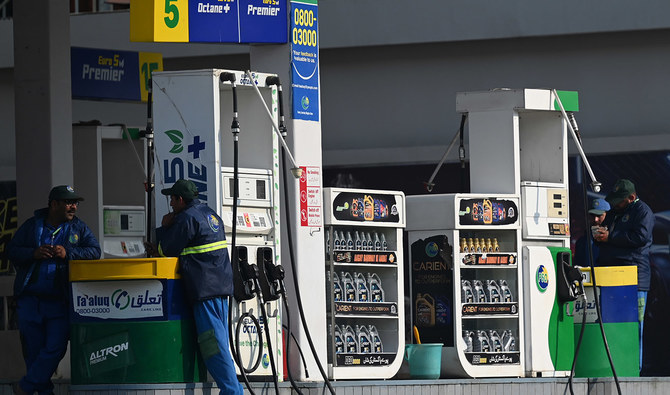ISLAMABAD: The Supreme Court of Pakistan on Tuesday reserved its verdict on former prime minister Imran Khan’s petition against amendments made to Pakistan’s accountability laws last year, local media widely reported.
The NAB (Second Amendment) Bill 2021, passed by both houses of parliament in May 2022, states that all “pending inquiries, investigations, trials or proceedings under this ordinance, relating to persons or transactions... shall stand transferred to the authorities, departments and courts concerned under the respective laws.”
It also restricts the country’s anti-corruption watchdog, the National Accountability Bureau (NAB) from acting on federal, provincial or local tax matters and removes regulatory bodies from NAB’s domain. The bill reduces the four-year term of the NAB chairman and prosecutor-general to three years, sets a three-year term for judges of accountability courts, and makes it mandatory for them to decide a case within a year.
On June 25, 2022, Khan moved the Supreme Court against the NAB (Second Amendment) Bill 2021. Khan’s petition said the amendments were made to benefit influential accused persons and legitimize corruption, adding that the amendments were tantamount to “depriving the citizens of Pakistan of having access to law.”
A three-member bench of the apex court, comprising Chief Justice Umar Ata Bandial, Justice Ijazul Ahsan and Justice Syed Mansoor Ali Shah, heard Khan’s petition on Tuesday. During the hearing, the chief justice inquired whether there were any sections in the amendments according to which the cases could be transferred to another relevant forum.
“After these amendments, a lot of the National Accountability Bureau’s work has come to an end,” Justice Bandial said, according to Pakistan’s English language newspaper Dawn, after he was told by Khan’s lawyer Khawaja Haris that a lot of pending NAB cases have returned after the amendments.
Haris said that as per the amendments, an investigation would be conducted, after the review of which the cases could be sent to other forums. Khan’s counsel also informed the court that after changes to the law, neither did NAB have the authority to deal with the cases nor to send them to other relevant forums.
“After the amendments, the pending investigations and inquiries have gone to the mortuary,” Justice Ahsan was quoted as saying by Dawn. “Till the mechanism for the transfer of inquiries is formed, the public’s rights will be directly affected.”
The chief justice said toward the end of the hearing that ensuring the public prospers and is secure is the state’s responsibility. “We will soon announce a short and sweet verdict of the case,” Justice Bandial said, according to Dawn.



